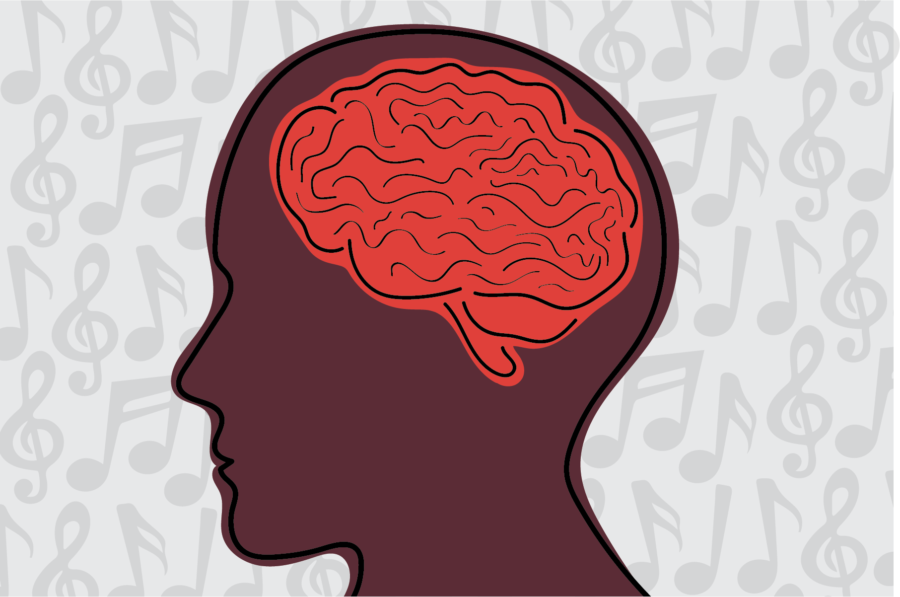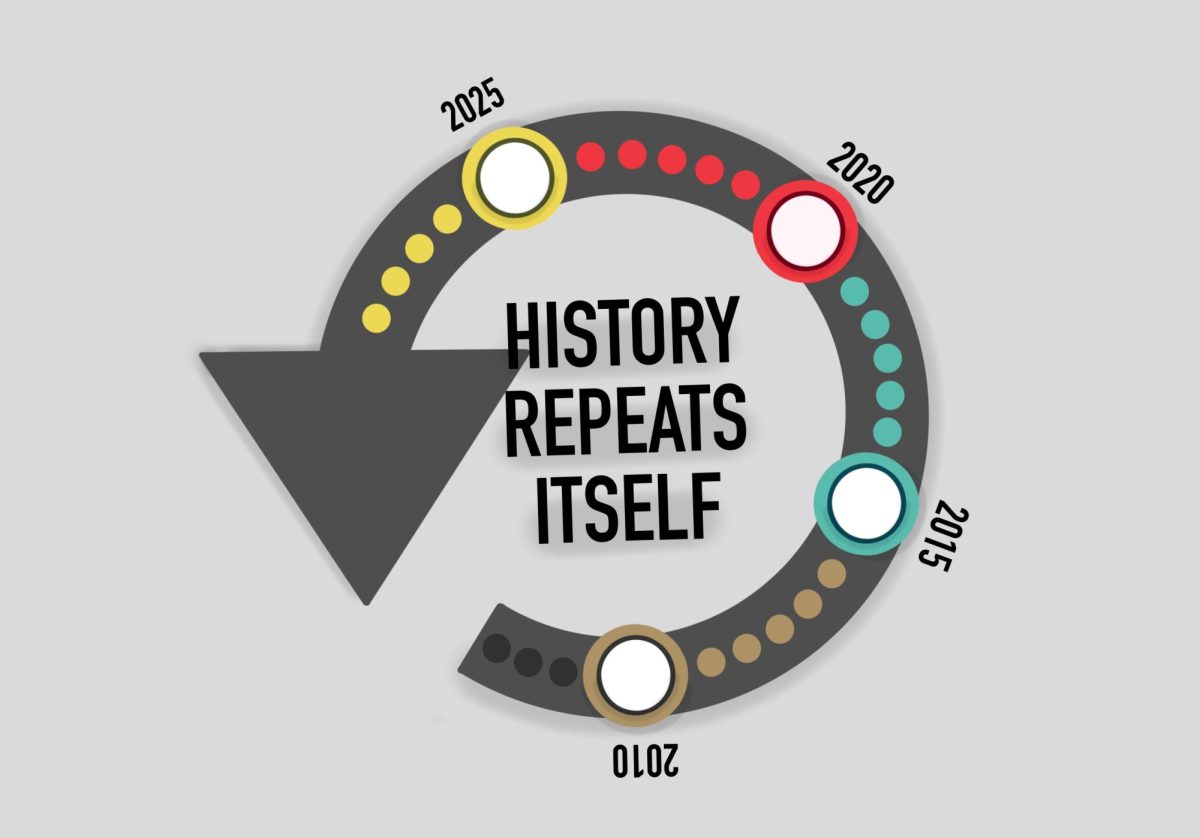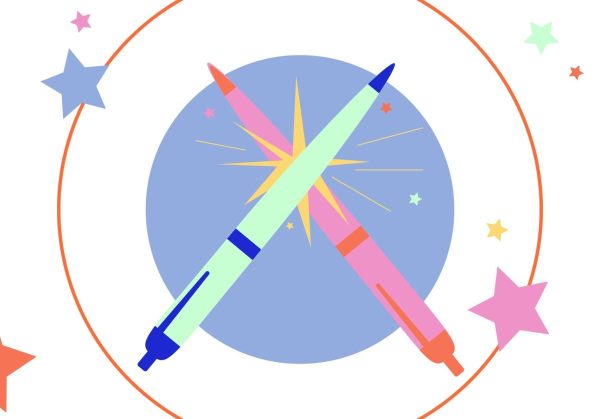New scientific advances suggest the brain can compile musical experience and predict the coming notes in a new piece. This phenomenon could partially explain the musical creation process and demonstrates that diverse musical experience aids in music production.
A December 2022 study in eLife modeled the predictions a listener makes in music and evaluated how the different models compare to real brain responses to melodies. For each model, the evaluation included two parts: how different model algorithms compare in predicting the upcoming notes in a melody and how well they predict listeners’ brain responses to the notes.
The authors found that musical melodies are best predicted by models taking into account long-term experience of musical melodies, whereas brain responses are best predicted by applying these models to only a few most recent notes.
In other words, the models need musical experience to predict musical notes, and human brains need relevant context.
The models used in this study involved machine learning and therefore needed “teaching” sets of musical data to understand what is and is not music. These sets inform the model’s ability to predict something that would be music instead of, perhaps, morse code or the sound a creaky door makes.
It makes sense that the models only predicted melodies well when they had long-term learning on their side, and therefore a large data set of possible common melodies and note combinations to choose from for the prediction.
The humans involved in this study, of course, came in with whatever long term musical experience they had been exposed to in their lives and were better able to predict, or be less surprised by, the melodies they were exposed to once they were prompted with the style of music in the study.
The study also noted it has been known for a long time that humans have a remarkable ability for implicit auditory memories. So, even if you are listening to a type of music that you don’t normally listen to, you may still have this predictive ability without really realizing it.
This is fascinating knowledge because of the implications it could have for understanding how humans create and dance to music.
If you can understand the music around you and you happen to possess a few dance moves to string together, your musical experience could turn you into a better social dancer than you may realize.
In theory, listening to several genres of music from different time periods could help you gain musical experience that could inform not only your taste in music, but also give you the tools needed to create music.
This brings to mind jazz musicians. Often, jazz musicians are trained initially in classical, orchestral styles of music, but also listen to other genres that can vary widely. As they grow as musicians, they often start dabbling in other genres with their chosen instruments and eventually gain the kind of experience necessary to possibly play improvisational jazz.
There, musicians work together “off script” and the music kind of creates itself. That takes a lot of experience, talent and group cohesion to make it work well. But, that is why improvisational jazz is so impressive as a musical form.
Many of the best musical creators likely spend most of their lives listening to music, to draw inspiration as well as to study combinations and movements.
Sometimes, music creators can have styles that sound like they are inspired by a given genre or specific artist’s work. Sometimes, artists do this on purpose to pay tribute or to make a statement with their music, but other times it could simply be an example of this context-driven musical prediction ability that humans have.
This could be viewed cynically or lead listeners to believe that no music is “truly” created, but rather is a compilation of known motifs. But, that does not explain the creativity seen so often in musical creation. For instance, it does not explain how musical styles continue to expand into completely new genres that never existed before.
Music is created to convey emotions and stories. It is a mode of expression that can be just as unique as the person telling it.
All of this is to say that music, in all of its various forms, is a common experience among people. It is another way for us to communicate, connect and share experiences with one another without speaking a single word. Music transcends language, religion and culture even if each has their own unique style.
Because of this, music can help us understand each other beyond words. If our diverse exposure allows us to predict what is coming next in a song, that sounds a lot like being able to finish someone else’s sentence, and such a bond is remarkable.
Would you like Allison to follow up on this topic or explore something specific? Contact her at [email protected] with questions, comments or story ideas.














